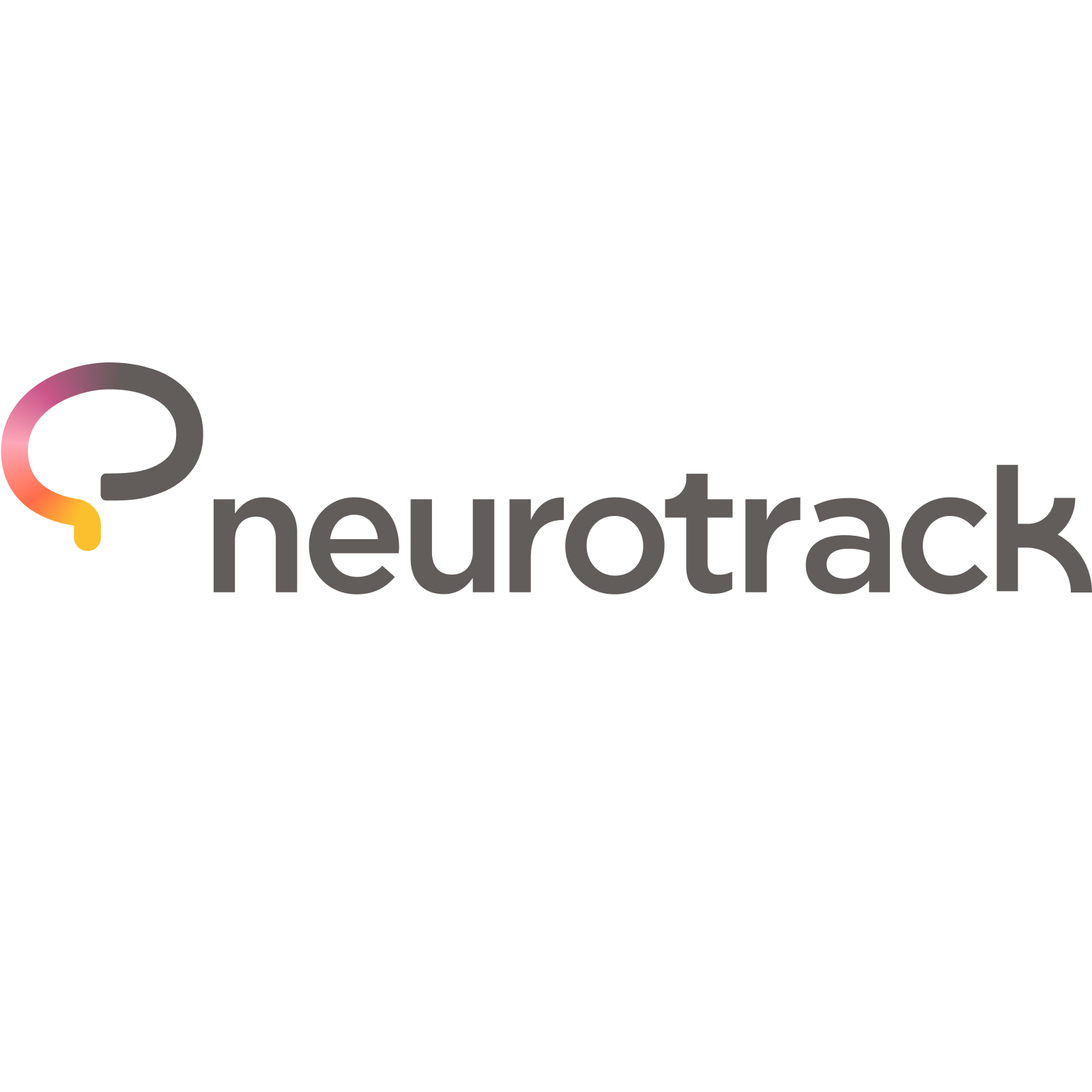Start a Sleep Diary
Be honest, when was the last time you had a full 7 or 8 hours of sleep?
As you get older, it can be harder to sleep through the night. Deep sleep cycles also get shorter, which can leave you feeling more tired during the day. Yet, sleep is vital for brain health. Poor sleep has been linked to a higher risk of memory loss, depression, and even dementia. For adults, good sleep is just as important as healthy eating and exercise.
So what can you do? Your first step is to keep a sleep diary. It may feel silly at first, but it is very helpful. A diary can show your true sleep habits. It also gives your healthcare provider clear information to work with.
Keep a notebook and pen by your bed. Answer the following 8 questions every day for a week. Be as honest as you can:
- What time did you go to sleep and wake up?
- How long did you sleep and how well?
- Did you wake up during the night? When? For how long?
- How much coffee, tea, or soda did you drink? At what times?
- Which rich foods did you eat and when?
- How did you feel during the day? What was your stress level?
- Which drugs or medications did you take and when?
- What exercise did you do and at what time?
Many people find that the simple act of tracking their sleep is the push they need to make changes. Even small changes, like cutting out that afternoon coffee or adding light exercise, can make a big difference.
References
- Suni E. Sleep Diary: How and Why You Should Keep One. Sleep Foundation. Published February 25, 2021. https://www.sleepfoundation.org/sleep-diary
- Kristbergsdottir H, Schmitz L, Arnardottir ES, Islind AS. Evaluating User Compliance in Mobile Health Apps: Insights from a 90-Day Study Using a Digital Sleep Diary. Diagnostics. 2023;13(18):2883:
https://doi.org/10.3390/diagnostics13182883


